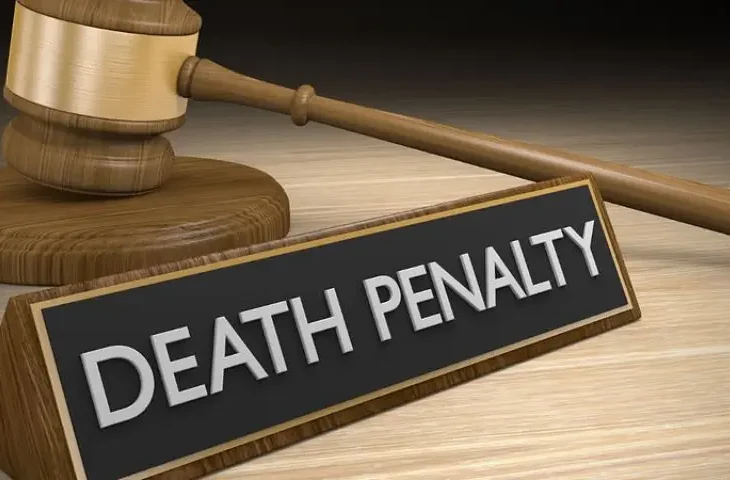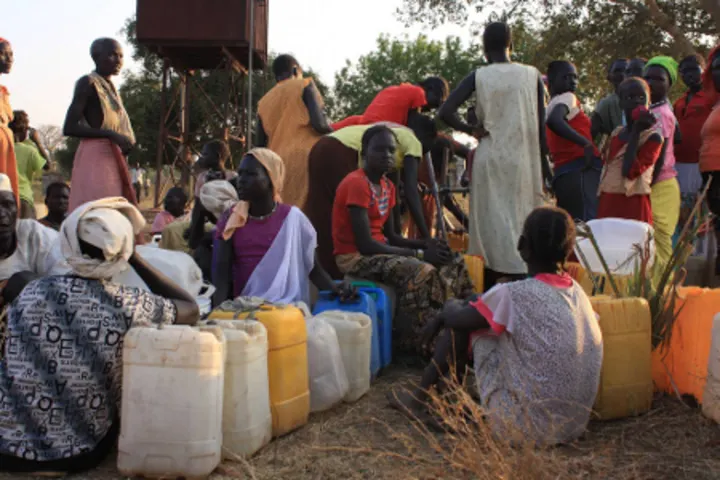
Up to half of the medicines available in the Sahel region are either sub-standard or out of date, the United Nations Office on Drugs and Crime (UNODC) has warned.
The inferior drugs are withdrawn from the supply chain in Europe and to a lesser extent from China and India. They then often pass through seaports in Guinea, Ghana, Benin and Nigeria before being transported to the Sahel.
The UNODC report published on Tuesday highlights Mauritania, Mali, Burkina Faso, Niger and Chad as the hardest-hit countries.
“Even if there are no reliable data on all the quantities trafficked in various forms and routes in the countries of the Sahel, studies indicate a percentage of substandard or falsified medicines on the market ranging from 19 to 50%”, it stated.
Worse, once the medicines are diverted from the official supply chain there is little guidance on how it should be used by the patient.
“If you want to get an antibiotic from the market, you can have it. Is it the right one to be used or not? It has to be controlled,” François Patuel, head of UNDOC’s research and development unit, said These deficiencies contribute to microbial and antimalarial resistance, he added.
Those who maintain this trade range from employees of pharmaceutical companies to street vendors and security guards.
But although the Sahel region is blighted by Islamic extremist violence, armed groups are less involved in this type of trafficking.
“Despite the often-announced involvement of terrorist groups and non-state armed groups in drug trafficking in the Sahel, many documented cases show that it is limited,” the report said.
It also pointed to a lessening of trust in the health system and the government when these less-than-effective treatments fail the people who choose to take them.













